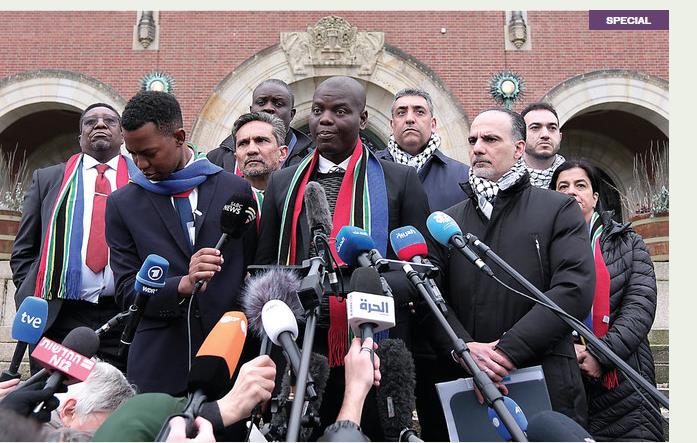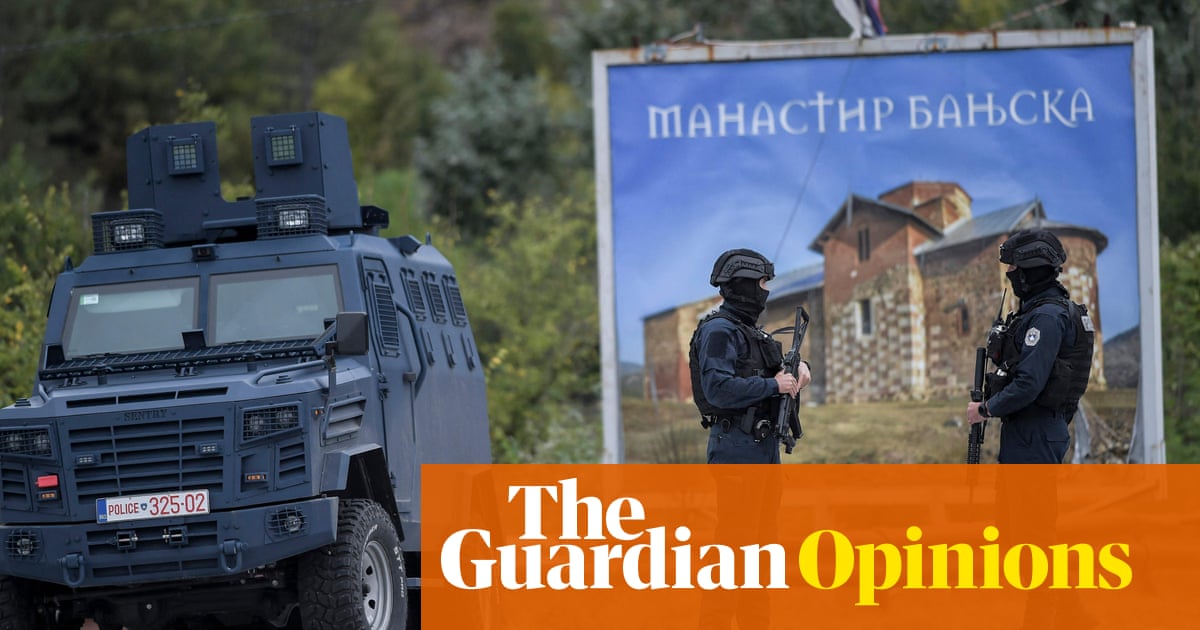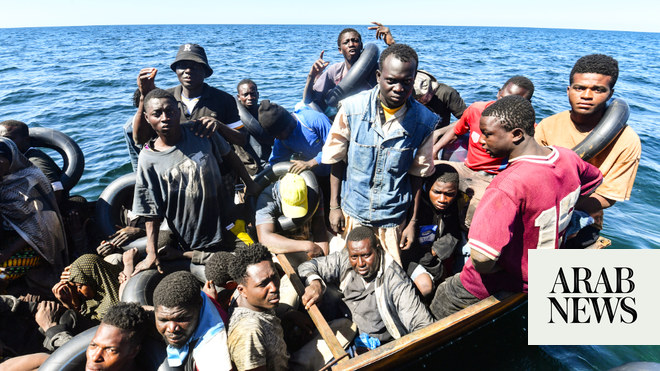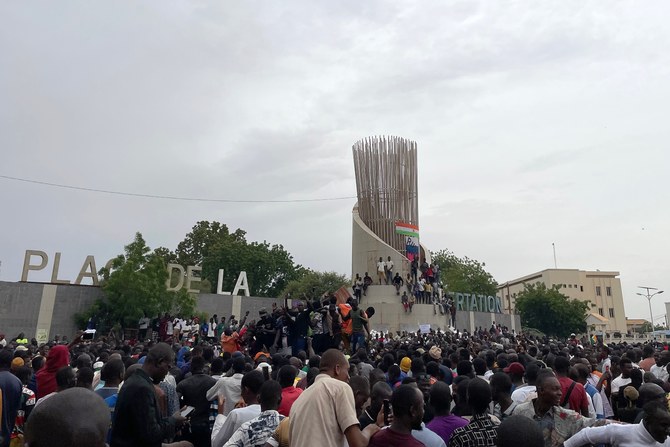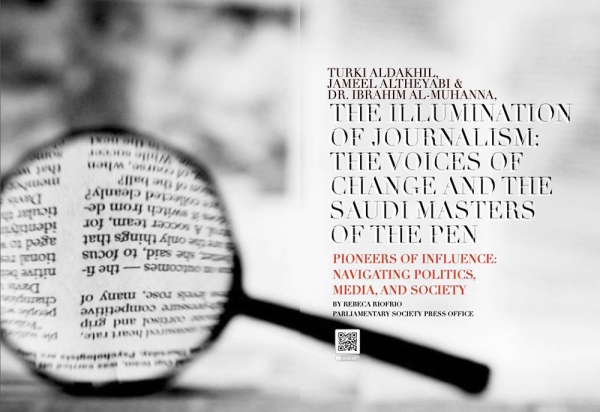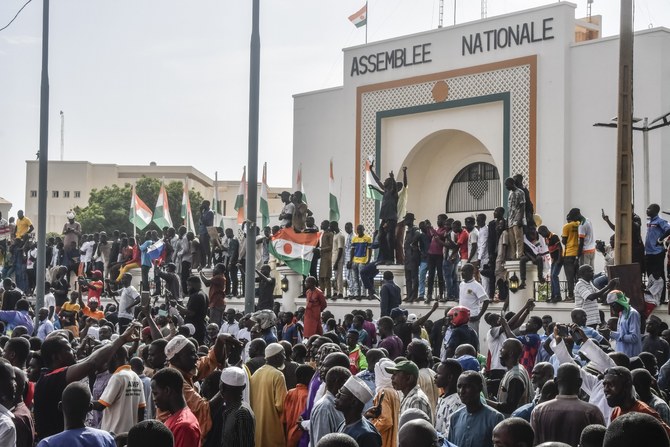
A string of coupist regimes in Africa now connect the Atlantic with the Red Sea. Last month, another band of officers huddled around a camera commandeered national television to announce a coup d’etat in Niger, making it the sixth country in Africa’s sprawling Sahel to witness a military overthrow of the government. Amid a wider perceived decline in American influence, the coup also exposed frustrations with France’s regional strategy and Russia’s growing involvement on the continent.
Twenty-four hours before Presidential Guard Commander Gen. Omar Tchiani proclaimed himself the leader of a new junta, American diplomats lauded the soon-to-be-ousted President Mohammed Bazoum’s government as stable and an important ally in an area of “bad countries.” The unfortunate timing of the statement perfectly illustrated Western misconceptions about a strategically important part of the world that is increasingly a Russian preserve. As the world’s foremost front line in the fight against extremism, stability in the Sahel is critical to ensuring peace on the continent. The crossroads it occupies between north and south make the ramifications of its political and military instability incredibly significant for the wider area.
By many measurements the poorest country in the world, Niger is nevertheless an important base for international military forces. The foreign military presence is synonymized by Air Base 201, a US drone base owned by Niger but built and paid for by the US. The multimillion-dollar base has been central to US Africa Command’s initiatives to “degrade violent extremist organizations in the Sahel and contain instability in Libya,” alongside the “containment of Boko Haram.” Since 2022, following the French withdrawal from Mali, Niger has hosted 1,500 French servicemen at the airbase of Niamey. This force, the remnants of France’s doomed Operation Barkhane, had performed an anti-extremist function, while also significantly harming the popularity of Bazoum.
As the world’s foremost front line in the fight against extremism, stability in the Sahel is critical
Zaid M. Belbagi
Having a parliament dominated by his allies to vote in favor of the continued deployment of foreign forces fighting extremists in April 2022, Bazoum drew consternation from voices within the country that have long been campaigning against the presence of foreign (especially French) troops, who are branded as occupiers that threaten national sovereignty. Following the breakdown of France’s relationship with Mali following another coup in August 2020, Niger became a central base for such operations and, with it, significant local and military criticism of the foreign presence. It is therefore surprising that, given rumors of a potential coup had circulated for some time, French and US officials seemed blindsided by the recent turn of events.
In many respects, Niger was the last haven for international counterterrorist activities in the Sahel. From there, the US carried out surveillance and drone attacks across Libya, Burkina Faso and Mali. The country was similarly important for France, making the new junta’s announcement of the cessation of defense cooperation with Paris hugely significant. On Aug. 7, 94 French senators sent an open letter to President Emmanuel Macron, in which they regretted “the failure of Operation Barkhane” and “the erasure of France” in Africa. The coup in Niger has not only drawn attention to a worrying trend of military interventions in politics in the region, but also stands out as a watershed moment, quite possibly signaling the end of Western influence in a region where Russian flags now seem ubiquitous.
Where the Central African Republic and Mali pulled away from France, they found ready support in Moscow. The Russian state-funded private military company Wagner has picked up the slack, amid Western sanctions on both military regimes. In a fragile country like Niger, where international military funding provides a critical economic lifeline, rigid international sanctions will push an open door to further cooperation with Russia at a time when Moscow is seeking to cultivate friends on the continent.
It is surprising that French and US officials seemed blindsided by the recent turn of events in Niger
Zaid M. Belbagi
Given Macron’s previous warnings of Russian disinformation in the Sahel, Vladimir Putin has now sought to fill the growing vacuum in Niger, urging caution and courting Mali’s military leader amid perceived Western inertia on the issue. The return of Russia on the continent makes the prospect of the expulsion of the unpopular French military presence more likely. Two decades of often clumsy French military involvement have emboldened those calling for an end to “Francafrique,” the alleged neocolonial practices of France in its former African colonies.
Having backed leaders in Mali and Niger with weak domestic mandates, France’s involvement has drawn heavy consternation. The perceived success of regional powerhouses like Morocco, which have sought to rebalance their external relationships, has been to the detriment of those whose voices France has emboldened.
The latest coup has, for example, reiterated criticisms of the use of the CFA franc, with its foreign reserve deposit requirements. CFA francs — used in 14 countries, 12 of which were formerly ruled by France — have for generations facilitated the import of French goods to the detriment of local exports. The presence of such mechanisms has only increased in controversy, especially given the current sentiment in the region.
Short-termist foreign interventions and the legacy of neocolonial structures have increased the instability of the Sahel region in recent decades. The ongoing catalog of coups is in response to a lack of leadership, both local and international, which has allowed weak states to fall victim to instability. The botched foreign intervention in Libya in 2011 left the region awash with weapons amid a wider extremist sphere of influence that grew from the US’ uneven and at times muddled global war on terror. The Sahel’s fall from the West’s grasp is the long-term result of larger strategic failures; severe sanctions and disengagement will only lead to the region’s further collapse.
Zaid M. Belbagi is a political commentator and an adviser to private clients between London and the GCC. Twitter: @Moulay_Zaid





